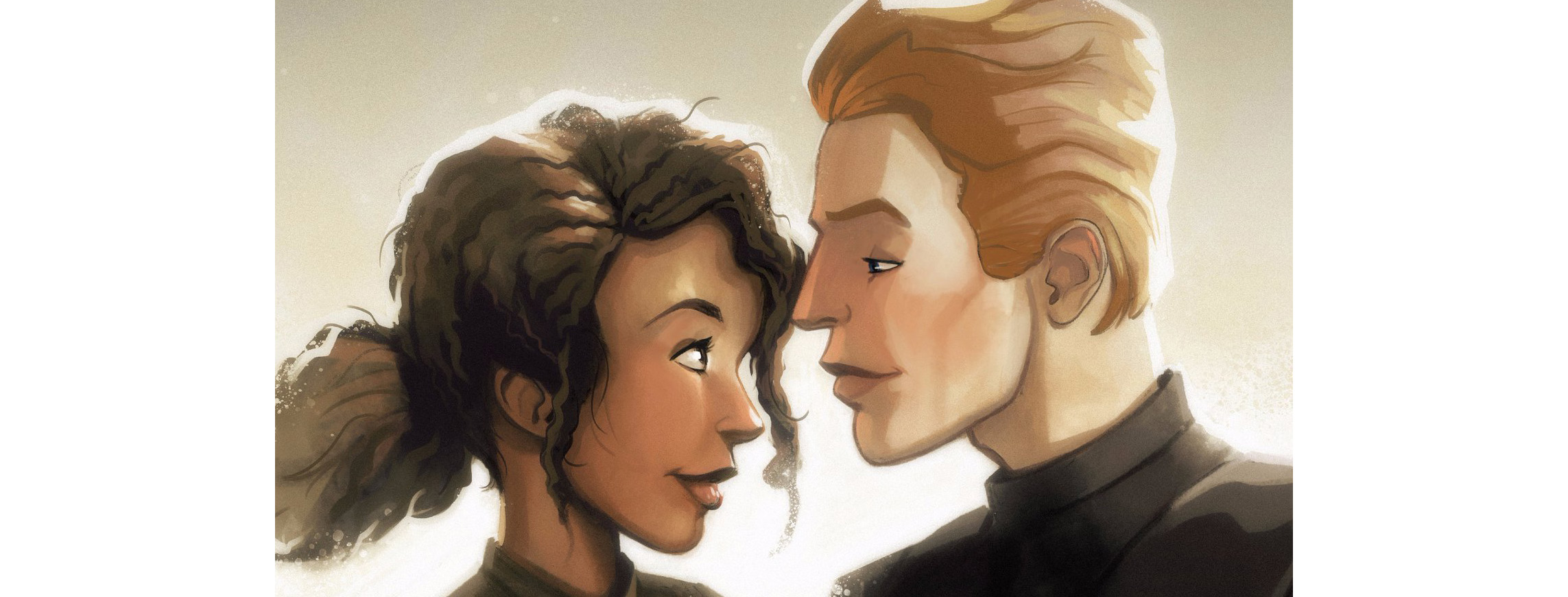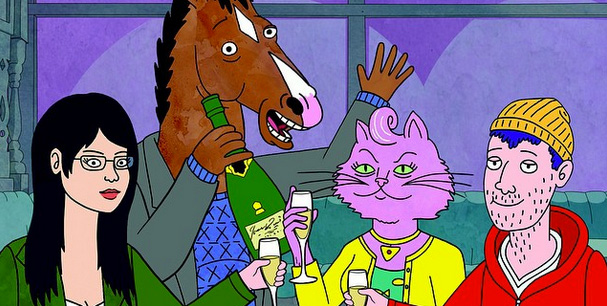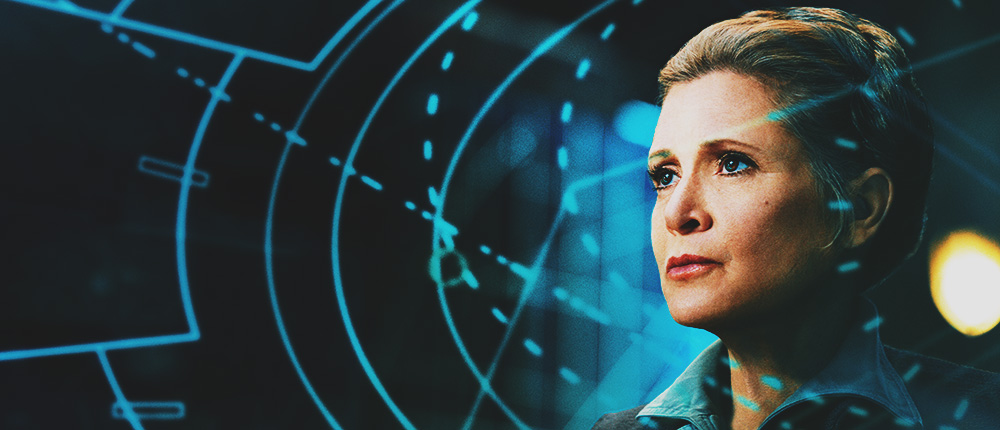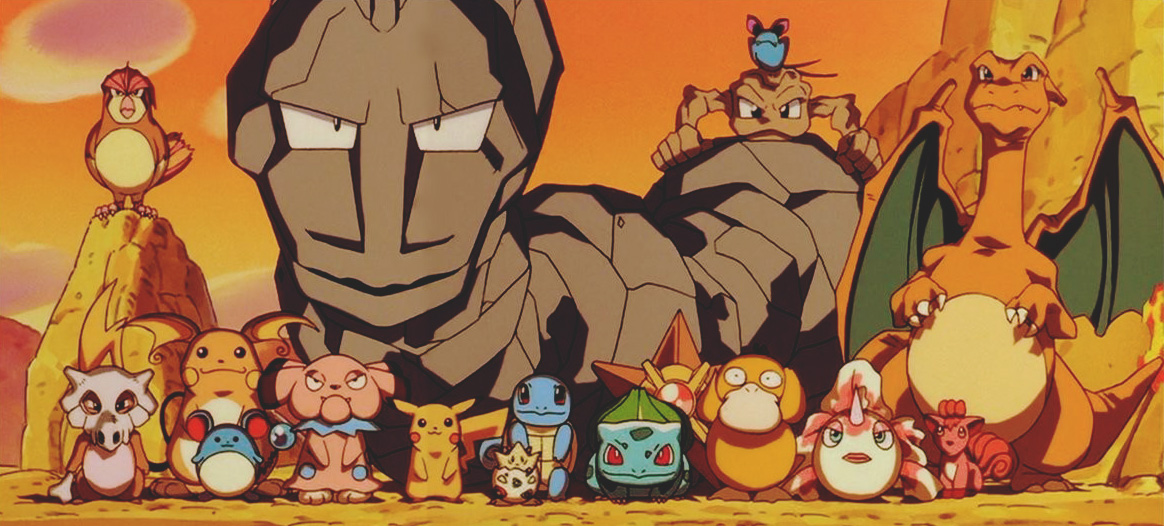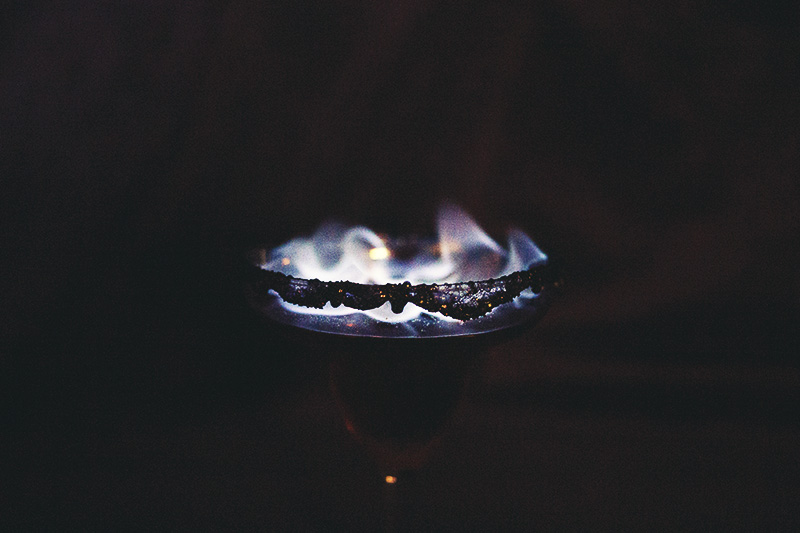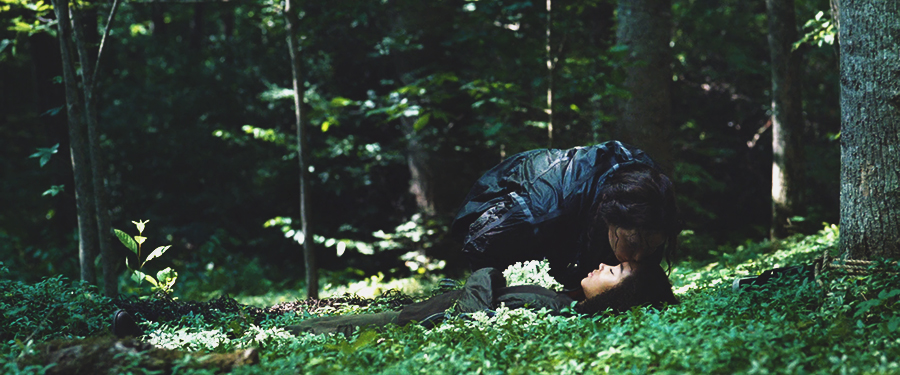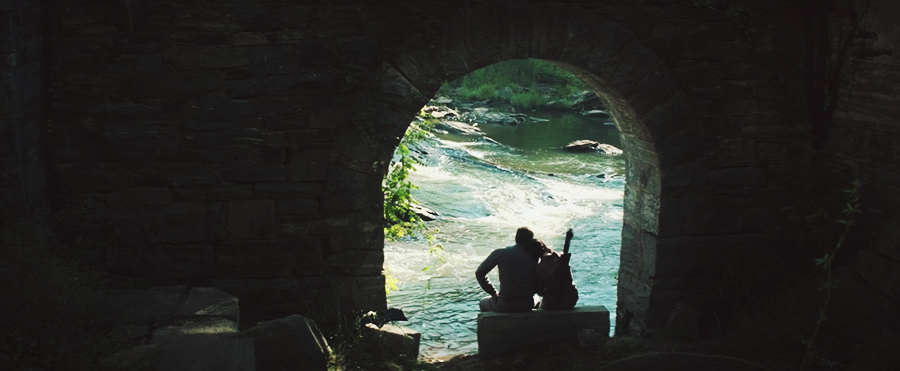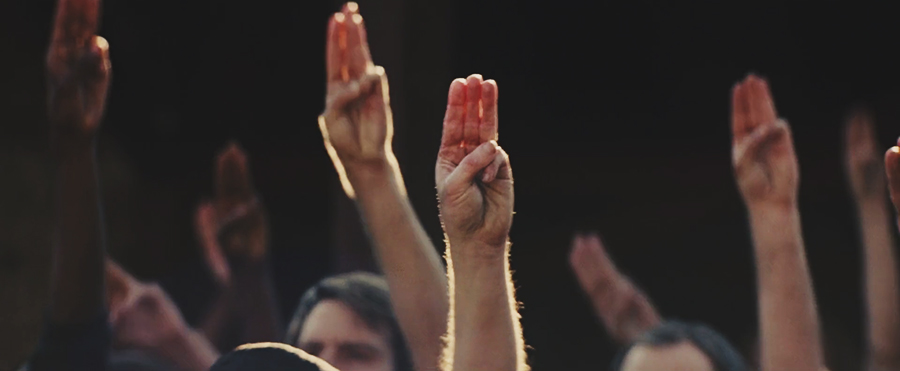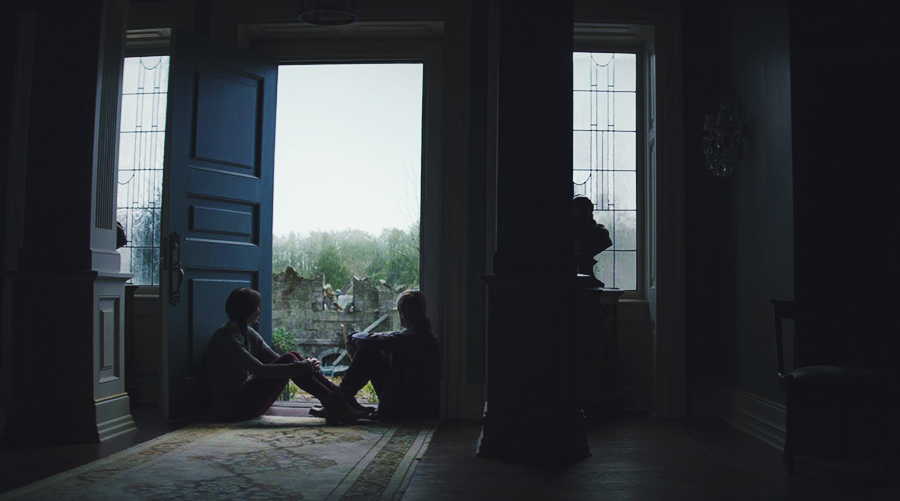Guest Post: Lost Stars and the Hopeless Romantics
I align myself as being aromantic. Most definitions describe aromanticism as “an individual that experiences very little to no romantic attraction.” So why do I rank Lost Stars as my favorite new novel in the Star Wars canon? A young adult novel that tells the story of two “star-crossed lovers” on opposite sides of the Galactic Civil War? What about the countless numbers of romance webtoons I subscribe to on Tapastic and Line Webtoons? In what world does this make sense?
Something about these stories appeals to me. In Lost Stars the two main characters, Thane Kyrell and Ciena Ree, are so very well written. While reading it you feel for them. You understand their actions and reactions. Their acceptance. Their experiences are things that could happen to us in our lives, you know – besides the whole spaceships and superweapons thing obviously. For me, using their story to live out what it would feel like to be completely devoted, to truly love another, makes sense and doesn’t make sense at the same time. There are many factors in our world that enable us to connect with others on a romantic level. For some it comes naturally, others it takes more time to develop, and for others like me, that “thing” just isn’t there.
Being Something: Asexuality in BoJack Horseman
BoJack Horseman is a weird show. It treads a fine line between dark humour, satire, depression, and, though not ever-present, hope. It’s ridiculous, and, at the same time, totally and inexplicably human. That a show starring an anthropomorphic horse-man could so deftly capture human struggles could say a lot of things, but perhaps the distancing from the real world is what helps the show swerve so quickly from inane to heartfelt.
So it shouldn’t have been any surprise that BoJack would be one of the first shows to introduce one of its lead characters as asexual—though still unlabelled, and perhaps not ace, but something very close. In hindsight, it’s no surprise that BoJack would do it; at the time, however, it was jaw-dropping. Not just because of the fact it happened, but because of how it was treated.
Leia Organa, and the Women Left Behind
Spoiler warnings for Version Control, Unwind, and The Fold.
Let’s talk about ladies. More specifically, let’s talk about god damn General Leia Organa, biological daughter of the biggest mistake of the galaxy and the bravest queen to ever grace Naboo’s picturesque vistas, adopted daughter of verified owner of the Galaxy’s Best Dad mug. At the tender age of nineteen, she stands up to Vader himself; decades later, she’s leading the only resistance the New Republic has against the First Order.
She is vitally important, not just in the GFFA, but in science fiction in general. Why? Because she still has her voice. She falls in love, becomes a slave (ugh), gets married, has a kid — and years later, she still has a voice.
Three Ways Social Fandom Can Inspire Us
I’m a nerd. I’ve been one since Pokemon first aired in little ol’ Aotearoa and I tried to make Pikachus out of modelling clay with my mum. The attempted Pikachus melted, I still loved them.
Much of my childhood was dominated by Pokemon, to the point that I would actually say my childhood was defined by it, as well as Lord of the Rings and Star Wars. These franchises helped me form strong friendships, find a love for the creative, and explore an interest in books and film. Most of all, these things helped me encounter joy in hard times. Being a nerd is as much a part of me as my love for food.
Recently, cynicism has been everywhere. Or, has it always been? It seems that whenever enough people love something, a vocally negative group pops up to disagree. So let’s talk positive:
There have been three defining moments for me recently that sparked something inside me. As if, for just a second, the clouds had parted and sunlight had shone down upon me. Weird, right? Who even remembers what happiness feels like these days? Not me, apparently.
Wait, didn’t I say I was going to talk positive?
How Civil War Revives Ultron’s Black Widow
Since her introduction in Iron Man 2, Natasha Romanoff—better-known by her superhero alias, Black Widow—has, until very recently, had to fill the role of Sole Female Superhero in the Marvel Cinematic Universe’s Avengers franchise. From her absence in toy lines, to the way her various directors have bounced her between the rest of the Avengers for the sake of sexual and romantic tension, to Marvel not giving her a solo flick, it’s pretty clear that being Black Widow isn’t always all it’s cut out to be.
Despite all of this, Natasha Romanoff has managed to grow from unknown-to-casual-film-goers into an almost universal fan-favourite. She is one of the metaphorically strongest heroes in the MCU, no doubt a reaction to Marvel not giving her a solo movie. Or rather, she’s a strong and compelling character when it’s a film directed by the Russo brothers.
Otherwise? Ehh.
Guest Post: The Girl on Fire – an UNsobering Denouement
Hello Panem! We know you’re ready and excited for the 75th Hunger Games, and so it’s the Capitol’s pleasure to bring you a saucy little cocktail to warm up your vocal chords so you can cheer for your favourite victor all night long.
You saw her last year as she prepared to sacrifice everything in the name of love, and you’ll see her again this year as she represents the only female victor from District 12 in the Quarter Quell. It’s our favourite victor, Katniss Everdeen, The Girl On Fire!
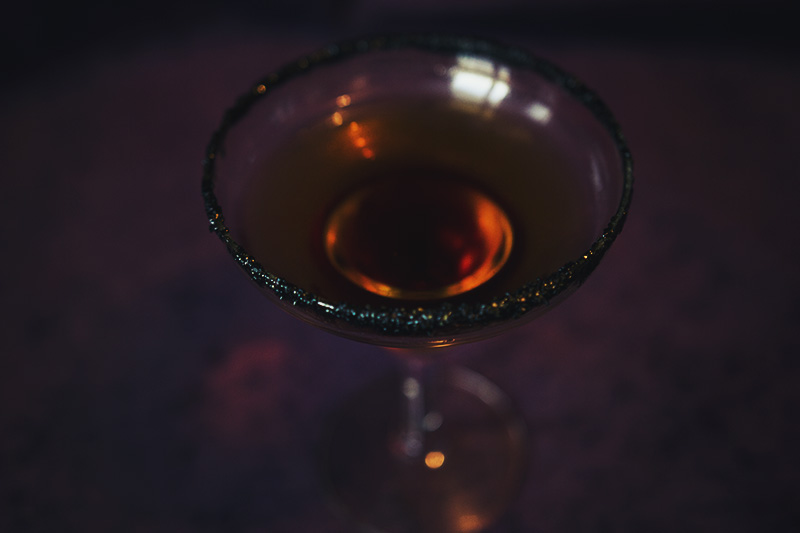
The Place Where I Love You
Katniss holds Prim, encircling her little sister in the safety of her arms, and sings. Of a meadow. Of a better world where Prim can be safe and loved. The meadow, to Katniss, is beyond life; no place in their reality could offer such peace. Yet, years later, she somehow finds that meadow. Both in herself, and in the real world that surrounds her. Grown upon years of death and suffering, both Katniss and her home find life, even when she may have preferred death.
The epilogue of both the films and the novels is bittersweet, but it is filled with a kind of hope. There may never be a free happiness to be found for either Katniss or Peeta, who have suffered so much, but there’s something else for them: comfort, safety, the knowledge neither they nor their children will have to face those horrors again. They find a kind of peace.
Set My Hands on Fire
Katniss Everdeen seems a cold character, often defined by her less-positive traits: her lack of empathy, selfishness, and anger. She is emotionally distant to all but a few—and yet, so many become endeared to her. The rare times she allows someone close, when she reaches out to them physically and emotionally, are meaningful; once she lets a person in, she will likely kill—or even die—for them. It’s only those she trusts not to burn that she will touch.
From the mine explosion that kills her father to the war she becomes a figurehead of, she finds herself protecting those around her, even the people who stoke her anger more than anything else. She volunteers for Prim, is willing to sacrifice her life for Peeta, stocks up on white liquor for Haymitch, risks punishment to help her prep team imprisoned in District 13, and on and on. Most of her life is driven by the need to keep those she can safe and secure, despite her fears of getting hurt or hurting others through her actions.
Guest Post: What The Hunger Games Means to Me
Many, many years ago I used to be a theater kid. I still am if we’re going to be honest, but not to the degree that young teenage me was. I had my favorite musicals and my favorite musicals with my all time love being Spring Awakening. I could honestly write an auto-biography on how the show affected me but I’ll focus on the one tiny piece that opened a whole new world for me; John Gallagher Jr.
He played Moritz in the original production and is the one who introduced me to the world of The Hunger Games. He talked about them on Twitter once way back before a movie was even an idea to Hollywood and being the impressionable youth I was, I was hooked immediately. So I got the first book from the my library and actually never read it. I have a really bad attention span, so it wasn’t until about a year later that I would actually pick up the book and read it through. And that’s where that spark of interest turned into a full blown obsession.
A Dandelion in Spring: The Power of Support
When I first read The Hunger Games at sixteen, I hated the book. As a young girl struggling with asexuality and aromanticism, I had been plagued by love triangles or relationship drama in almost every Young Adult novel I picked up. At the time, I was hyper-sensitive to hints of love triangles in stories, and so I severely misunderstood Katniss’ character, completely missing what was actually important in her relationship with Peeta: the support he offers her as someone who genuinely cares.
The narrow thinking that creates the idea of a female character needing to choose between two male characters is a serious issue in fiction aimed at young adults. While it’s a topic for another post, this does sometimes alter people’s interpretations of the series, creating kneejerk reactions like my own initial one, and it’s a trend that needs to be questioned.
Katniss is much more than her potential love interests, the entire series being about far more than her feelings towards Peeta or Gale. Trivializing any of the characters by their level of attractiveness or romance potential entirely misses the point. Katniss’ fluctuating relationship with Peeta is a driving factor within the series, and a large part of the woman she becomes.
